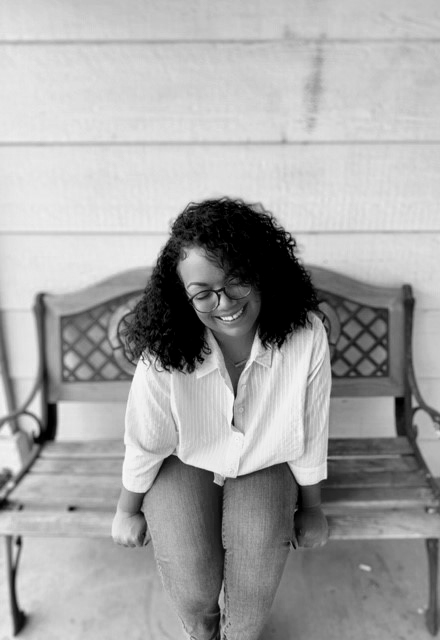By Kenzie McZeal, Front Desk Coordinator, Finance & Administration
My relationship with my hair has always been a bit… complicated. I feel as though I’m constantly at odds with it. Whether it’s battling the state of my natural hair, or trying a new protective style, I am never at peace with it for too long. In the last year, I’ve had about seven different hairstyles, ranging from a twenty-inch long weave to a blonde buzz cut. I’m fickle when it comes to my hair. I get frustrated and impatient with it. Like many black women I know, I have often thought about what hairstyle I’ll do next, and what it will say about me. But mostly, I’ve thought about what others will think about my hair. And especially, what they might say about it.
My first experience with natural-hair discrimination in the workplace came with my first job in a corporate setting. When wearing my hair in its naturally curly state for the first time, I was told that it “looked more professional straightened.” When wearing a black hair wrap to hold my hair up after a wash day, I was told to never wear my hair in that style again, as it looked “ghetto,” and didn’t “represent the company image.”
Thankfully, the conversation surrounding black hair in the workplace has evolved immensely since I received these comments, and is undeniably vital to making professional spaces feel more inclusive and open to all hair types. Although the fight to normalize black hair is ongoing, there have been significant strides made. As of January 1st, the CROWN act (Create a Respectful and Open Workplace for Natural Hair) went into effect in California after being passed in July 2019, and is being pushed to be enacted nationwide. At this year’s Oscars, Hair Love, a story about a black father learning to do his daughter’s hair for the first time, won the Oscar for Best Animated Short Film.
When I first watched Hair Love, I was immediately touched to see such a familiar setting on screen: a young black girl waking up with curly black tendrils tucked safely beneath a bonnet, browsing through natural hair tutorials on YouTube. Representation like this sets an outstanding precedent for black children now and in the future, and also for those of us who are adults now – to see ourselves and our hair in a positive and bright light.
Personally, stories like Hair Love help me to love my hair a little more, and make me hopeful that sooner than later, black hair will have a place in all spaces, all the time.
